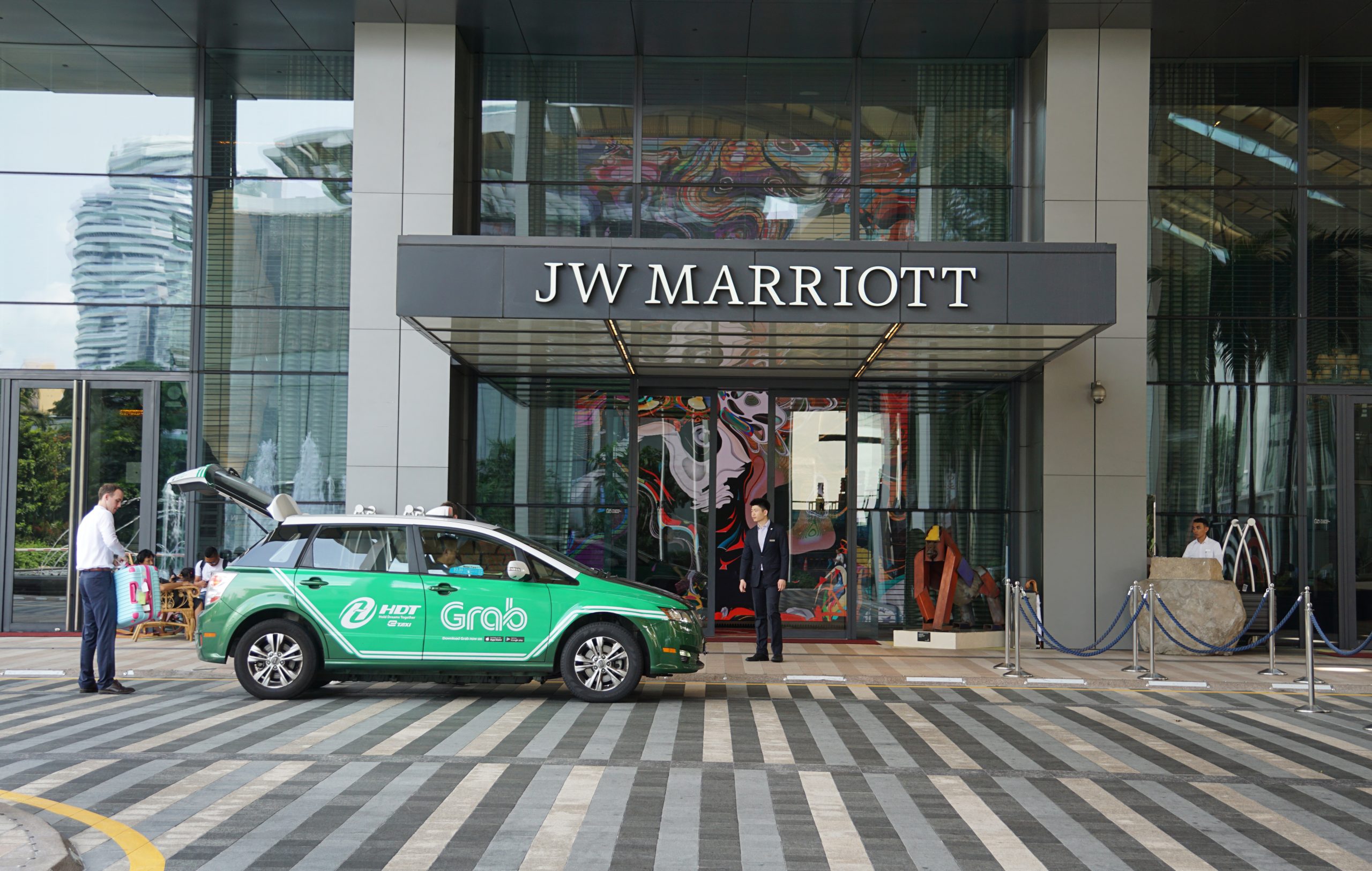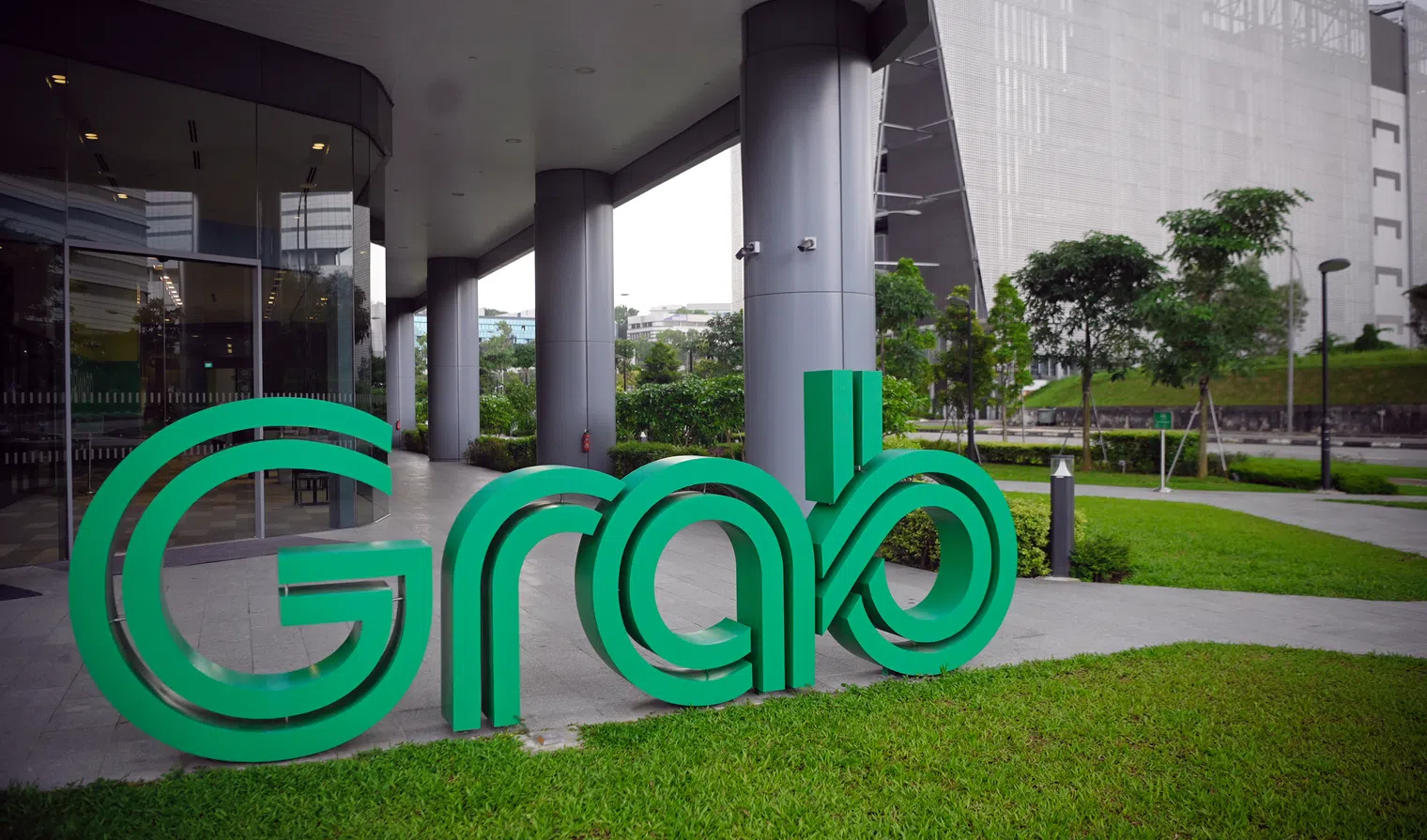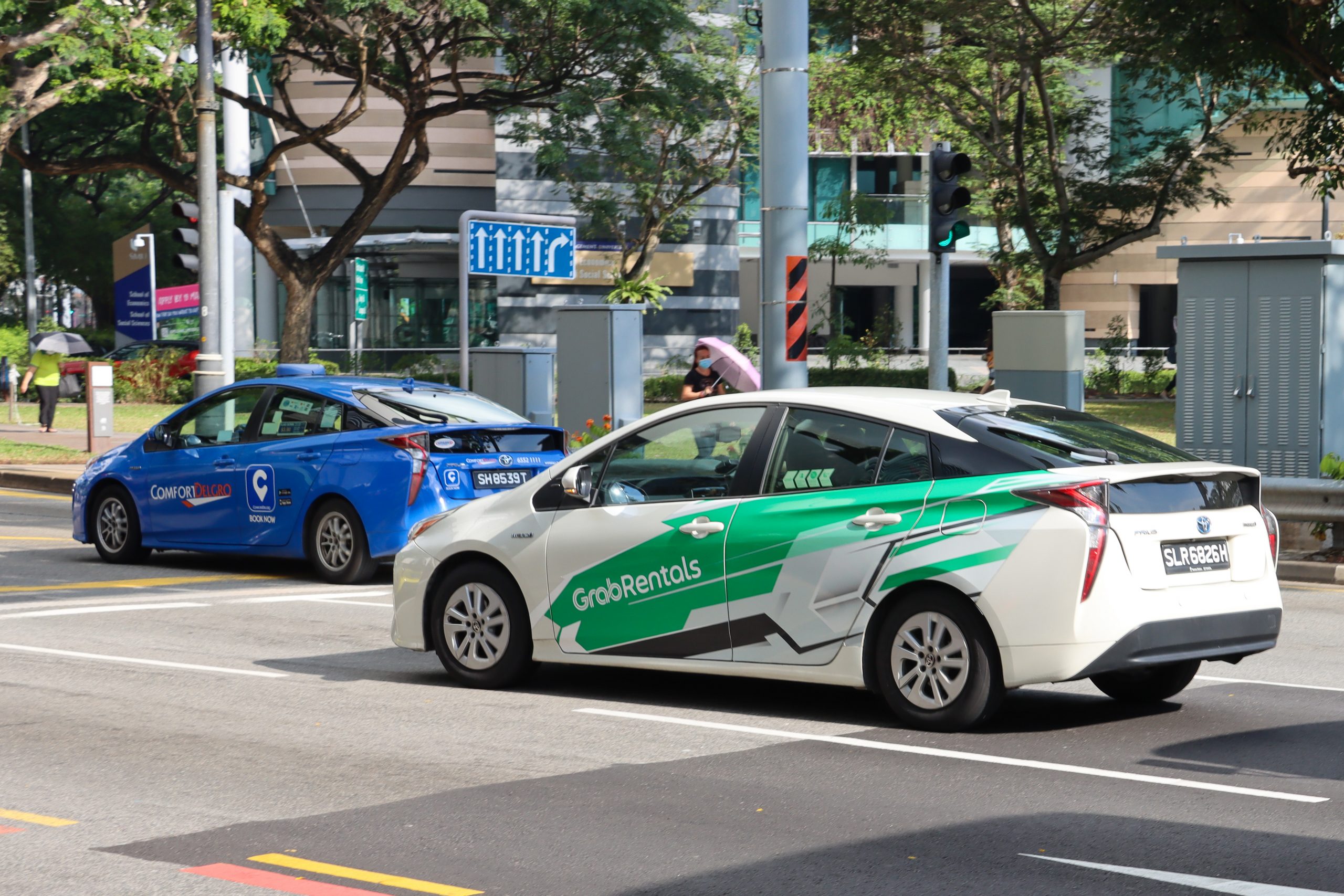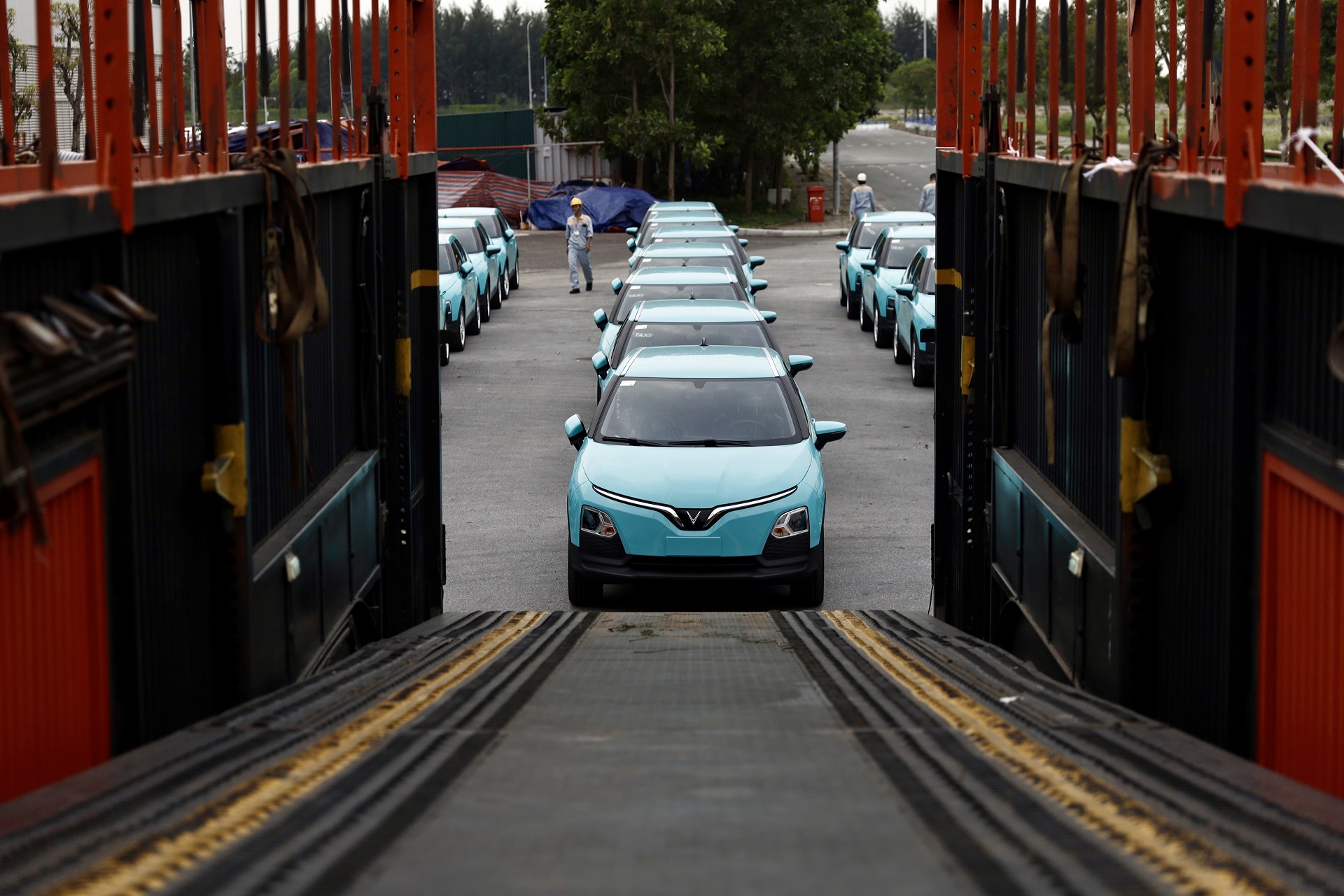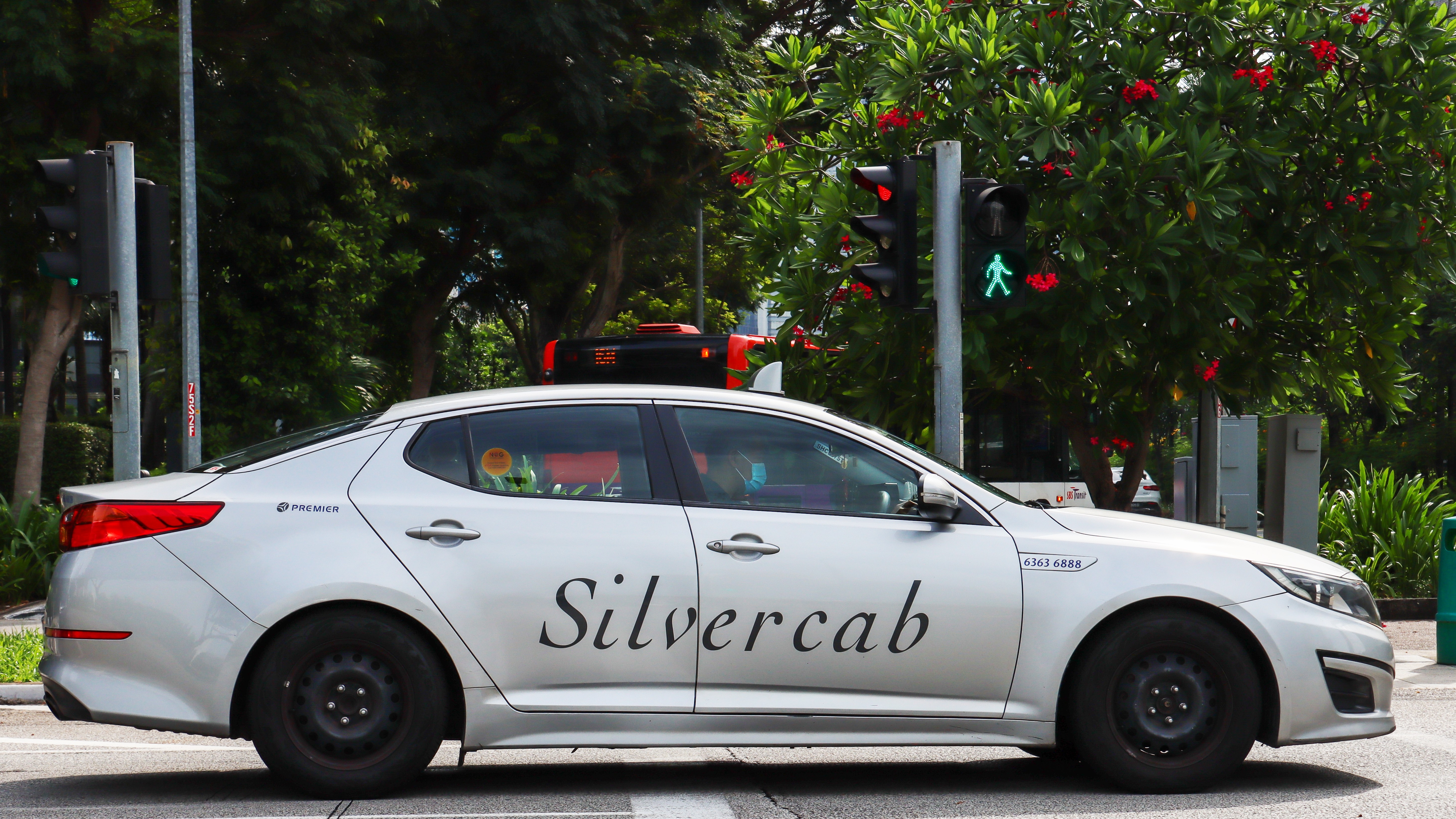Uber and its rivals have six more months to deal with price caps and other limitations in Indonesia (Updated)
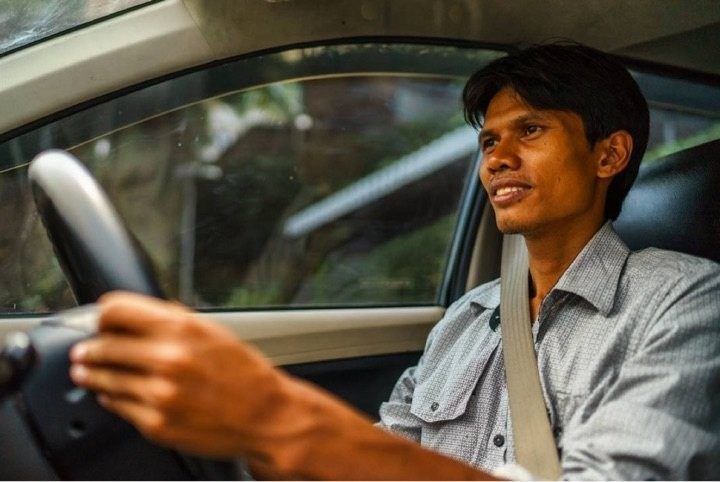
An Uber driver in Indonesia. Photo credit: Uber.
Update July 5: Indonesia’s ministry of transportation has agreed to extend the “tolerance phase” for ride-hailing regulations by another 6 months, as reported by local media (link in Indonesian). This means ride-hailing startups will have more time to comply with government rules, which were released more than a year ago. The deadline for enforcement has already been extended multiple times.
Below is the original story.
As of July 1, major ride-hailing apps in Indonesia like Uber, Grab, and Go-Jek are facing new rules, which might affect the way they operate.
Over the weekend, the ministry of transportation announced per-kilometer price caps for ride-hailing companies. The new fares for ride-hailing startups are close to those of regular taxis.
In addition to price caps, ride-hailing startups might have to adhere to government-set limits in fleet size. Furthermore, all cars driving for ride-hailing networks must be licensed to a commercial entity or cooperative, which makes it more complicated for private car owners to sign up.
These three points were the last to come into effect from a list of ride-hailing rules (PDF) set by the ministry of transportation last year.
They were also the most controversial. In March, all three major ride-hailing firms in Indonesia joined forces in a last effort to convince the government to reconsider – to little effect.

Ridzki Kramadibrata, managing director of Grab, speaking on behalf of Grab, Go-Jek, and Uber, at a press conference in March. Photo credit: Grab.
Other points in the regulation, like requiring cars to pass a road safety test, were made official in the past months.
All rules imposed by the government are meant to give protection to drivers and customers of ride-hailing apps, a ministry representative said at a media briefing on the weekend, CNN Indonesia reported. They also intend to create a balance between all transportation providers.
Still cheaper than taxis
The lowest acceptable per-kilometer fare is still slightly cheaper than what regular taxis cost now.
Under the new rules, ride-hailing firms must charge at least US$0.26 per kilometer on each car ride, and no more than US$0.45/km. This rate applies to Sumatra, Java, and Bali – Indonesia’s most densely populated islands. In the rest of Indonesia, the price range goes from US$0.28/km to US$0.49/km, according to CNN.
Regular taxi rides from Indonesia’s largest taxi operator Blue Bird, in comparison, charge US$0.31/km, with a base fare of US$0.49, according to a Blue Bird customer service representative.
It’s not clear if the price caps prohibit ride-hailing startups from using promotions and special deals to incentivize customers, or how they affect surge pricing – the practice of raising fares when demand is particularly high.
Go-Jek, a local ride-hailing company, gives significant discounts for rides paid through its digital wallet Go-Pay.
And despite the tariffs officially said to be in effect by July 1, ride-hailing firms have not yet changed their prices.
“We have just received a copy of the [regulation] and are meeting with the ministry today,” an Uber spokesperson told Tech in Asia.
An Uber driver said he had not been briefed on a tariff change. Uber currently charges US$0.16/km on a regular ride, with no base fare, according to him. Uber itself declined our request to break down its current pricing model.
Grab, too, was still waiting for further direction from the ministry of transportation regarding tariffs and other points when contacted by Tech in Asia at the end of last week. The firm did not respond to our questions about current fares.
None of the ride-hailing apps, when tested by Tech in Asia in Jakarta today, warn users of any changes in the pricing scheme.
Long-term effects unclear
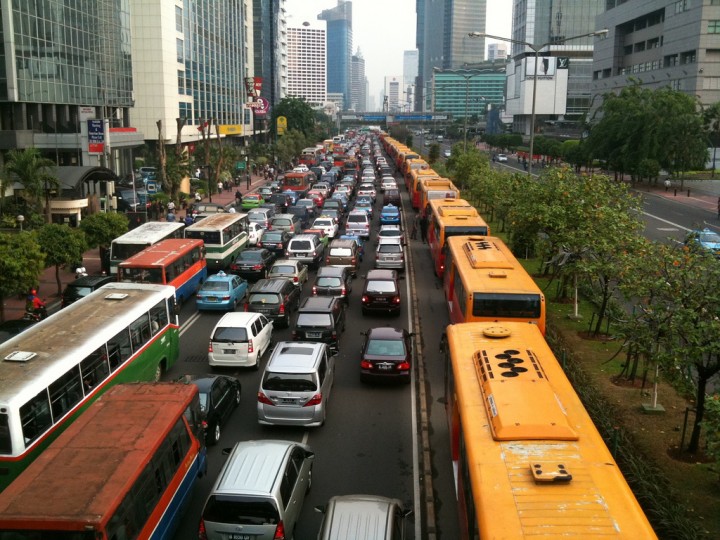
Indonesia’s capital Jakarta is infamous for its traffic jams. Photo credit: Charles Wiriawan.
If and how the new rules will affect Indonesia’s ride-hailing industry remains to be seen.
According to CNN Indonesia, a ministry representative said that from now on operators who do not fulfill the requirements will be sanctioned and could have their licenses revoked.
He did not specify what measures have been put in place to enforce the law.
There’s also still a chance that rules will be revised later on.
Transportation minister Budi Karya Sumadi told local media outlet Kumparan today that there would be an evaluation in six months, and that he does not rule out the possibility of revisions if the rules were “felt to be making it difficult for the population.”
App-based on-demand transportation startups have gained ground in Indonesia in the past few years. Uber launched its affordable UberX service in the country in early 2015. Singapore-headquartered competitor Grab launched a similar service a few months later, followed by Indonesia’s own Go-Jek in 2016.
Meanwhile, established taxi operators like Blue Bird saw their share prices drop in this time period. After the government announcements over the weekend, Blue Bird shares hiked.
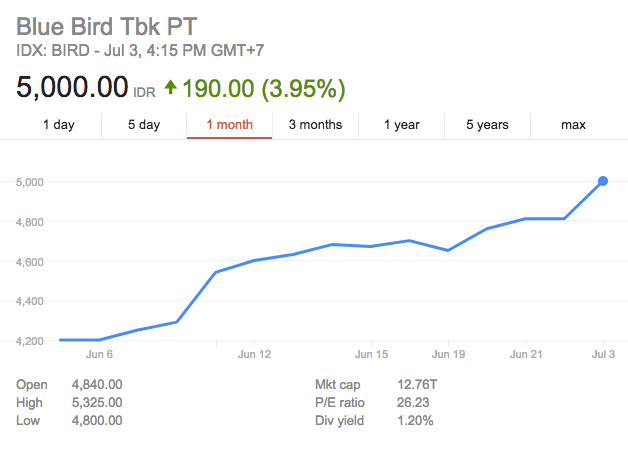
Blue Bird shares climbed to a new high this month after the announcement. Source: Google finance.
In contrast, Singapore’s government has attempted to regulate the market by implementing dynamic fixed fares and surge pricing even for taxis. It also introduced a requirement for private-hire car drivers to get a vocational driver’s license in order to continue driving for services like GrabCar and Uber. Demonstrating its readiness to adhere to the requirements of the nation-state, Grab Singapore just unveiled its own team of enforcers to help monitor its drivers’ compliance.
Converted from Indonesian rupiah. Rate: US$1 = IDR 13,378.
Recommended reads
 Why regulators said yes to Grab’s Singapore taxi play
Why regulators said yes to Grab’s Singapore taxi play Angkas shifts gears as Grab vies for PH motorcycle taxi crown
Angkas shifts gears as Grab vies for PH motorcycle taxi crown Singapore issues Grab taxi operator license
Singapore issues Grab taxi operator license Singapore’s ride-hailing boom faces a crisis: driver shortages
Singapore’s ride-hailing boom faces a crisis: driver shortages India’s 15-minute meal hunger games
India’s 15-minute meal hunger games Robotaxis and Grab’s billion-dollar dilemma
Robotaxis and Grab’s billion-dollar dilemma VinFast’s reliance on GSM for growth faces uncertainty
VinFast’s reliance on GSM for growth faces uncertainty Grab rolls out intercity travel services in Singapore, Malaysia
Grab rolls out intercity travel services in Singapore, Malaysia Zoomcar exits Vietnam amid unfavorable market
Zoomcar exits Vietnam amid unfavorable market BS Capital acquires Premier Taxis to boost vehicle leasing business
BS Capital acquires Premier Taxis to boost vehicle leasing business
Editing by Michael Tegos and Jack Ellis
(And yes, we’re serious about ethics and transparency. More information here.)
